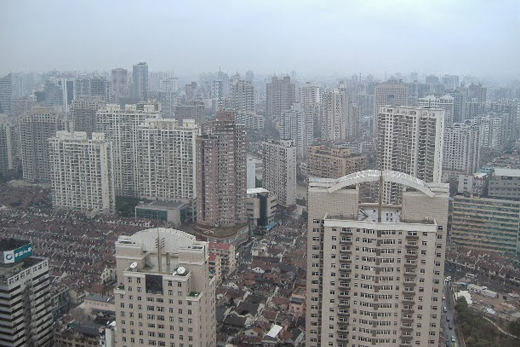The Wall Street Journal wrote about a paper co-authored by an Emory economist titled "The Great Housing Boom of China," which was recently published by the St. Louis Fed. Below is an excerpt from the WSJ article:
"A lot of things about China’s housing bubble don’t make sense. How could housing prices continue to rise sharply and investors continue to make money while vacancies are rising, too? Shouldn’t more vacancies mean less profits? Or, looked from a different point of view, shouldn’t rising profits mean that people are clamoring for apartments, so there should be fewer vacancies?
"Economists Kaiji Chen of Emory University and Yi Wen of St. Louis Federal Reserve tackled this issue in a recent working paper. What they found is that that credit bubbles have a logic all their own. When developing nations go through a big spurt of growth as a result of a transformation of the economy—in the case of China, when a state-owned economy turned into a largely private-owned one—gobs of money flow into the real estate market.
"That pushes up prices and profits as investors keep bidding up property. But it also pushes up vacancies because buyers aren’t purchasing property to live in; they are buying apartments as speculative purchases."
Read more in the Wall Street Journal.

